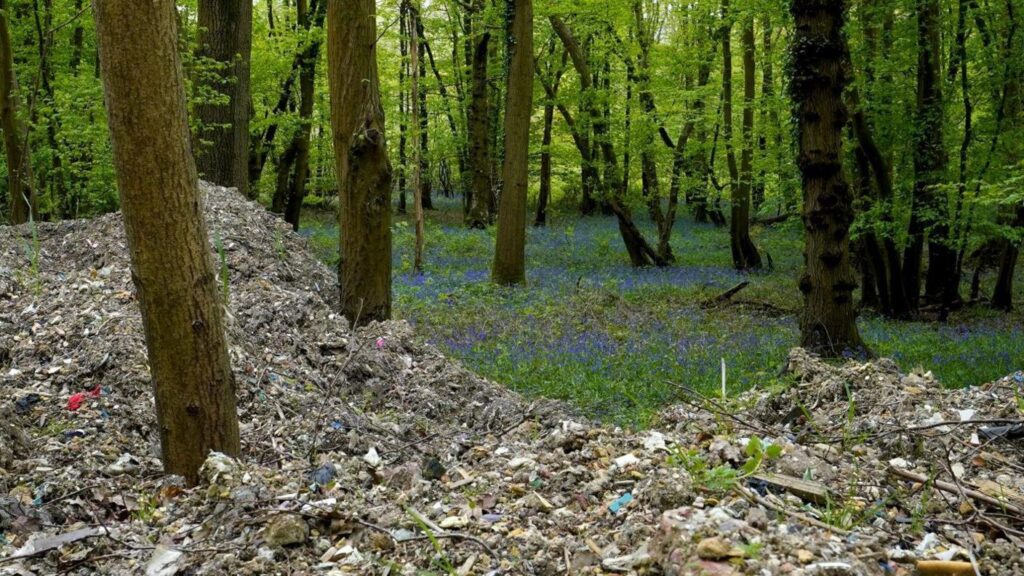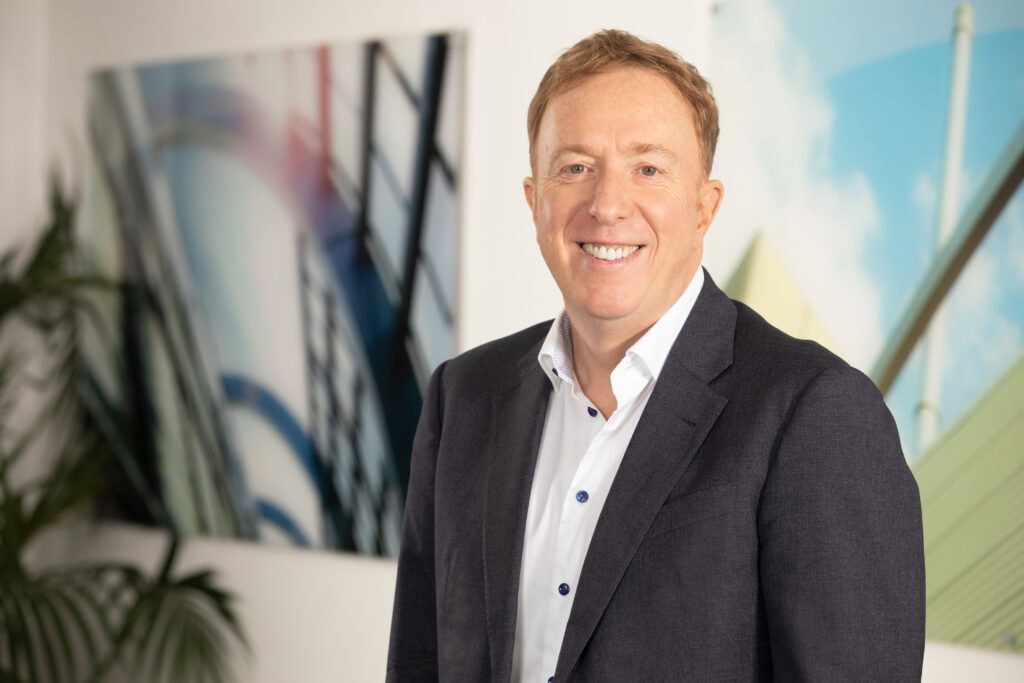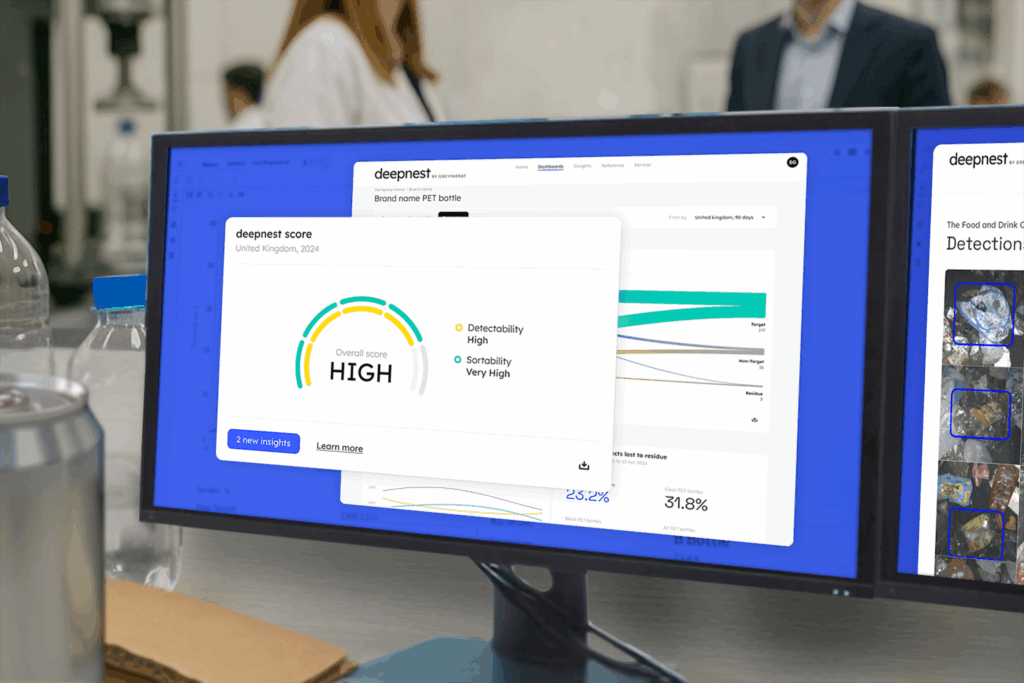This company milestone is said to expand the area that it’s Ferrybridge 1 and 2 facilities can receive unrecyclable waste from, while also reducing road traffic and lowering transport emissions.
The trial is designed to highlight the potential for using rail freight to connect the plant to a Carbon Capture and Storage (CCS) cluster, offering an alternative to pipeline connections.
A collaboration with Suez and Freightliner, the trial saw 700 tonnes of household waste delivered to Ferrybridge using pre-existing railhead infrastructure on site, which was historically a coal-fired power station.
enfinium has said rail freight reduces road traffic and this delivery alone is said to have displaced “around 40 waste trucks”, producing on average 76% lower emissions per freight tonne-kilometre compared to road freight. For Ferrybridge 1 and 2, rail has now been established as a feasible transport option that could connect enfinium to the East Coast Cluster or similar storage infrastructure.
Allowing the industry to think differently
Dr Jane Atkinson CBE, chief operating officer at enfinium, said: “Rail transport is a critical part of our plans to transform our Ferrybridge site into a decarbonisation hub. Not only will greater use of rail reduce our emissions, it marks an important milestone for our carbon capture deployment plans. Transporting CO2 by rail to a coastal cluster for permanent storage offshore is one of the ways we can accelerate the decarbonisation of this strategically important site and help the West Yorkshire region achieve its 2038 net zero target.”
Daniel Carolan from Suez said: “It was great to work with enfinium and Freightliner to make this delivery a reality and see the first waste delivery by train to Ferrybridge. More opportunities to move waste by train allows the industry to think differently about how waste is transported and disposed of.”
Ed Wilson, commercial director at Freightliner, commented: “This trial showcases the importance of the development of rail across the UK and beyond in order to support and help achieve key sustainability targets, remove traffic from our busy road network and to support moving more volume by rail.”









Subscribe for free